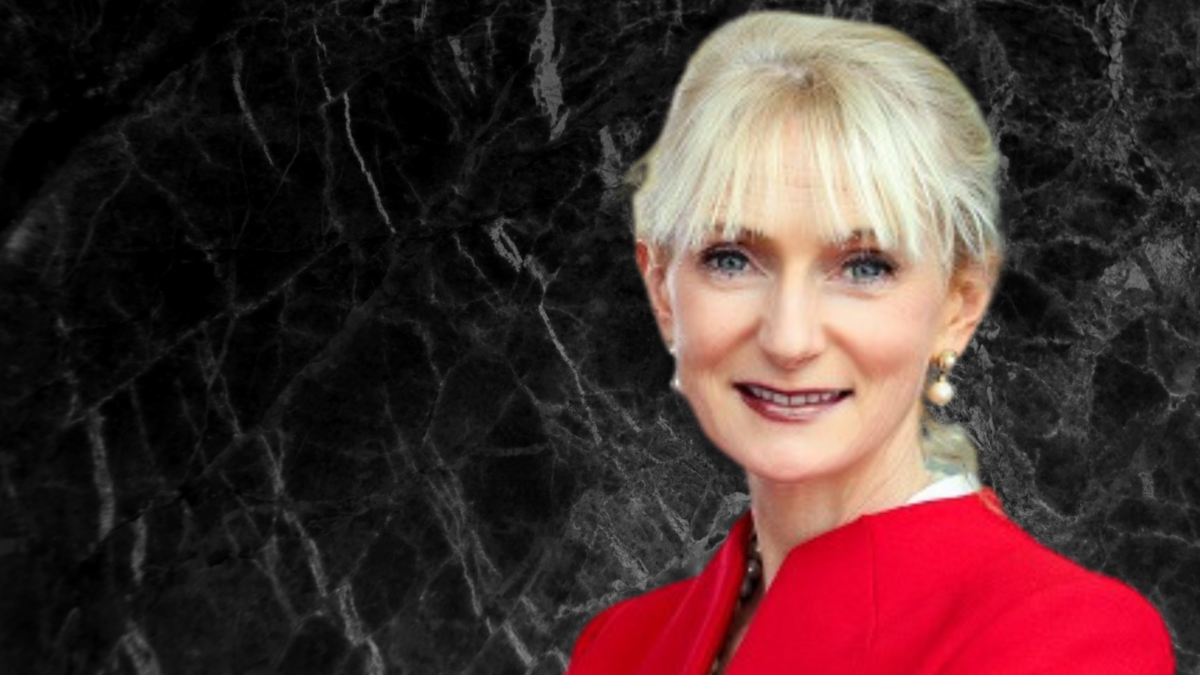-
Sort By
-
Newest
-
Newest
-
Oldest
-
All Categories
-
All Categories
-
Analysis
-
Asset management
-
Economics
-
Retirement
-
Value proposition
Diversification is one of the most effective tools an investor can use, for the simple reason that spreading risk means you are unlikely to get wiped out if one or two investments go bust. But it is not a foolproof concept, and in fact it is laden with potential traps.
Despite the emotional expenditure required to hold someone’s hand in the darkest hours of their life, whilst retaining a high degree of professional acumen, it is both a responsibility and an honour. But it can leave a scar, writes Drew Meredith.
“Our preoccupation with fear makes us the gazelles of the investment market, always alert to dangers,” Jonathan Ruffer says in his latest note. “But we are not pathologically fearful. Fear may keep you from losing your money, but it also stops you making it.”
Turbulent markets make it timely to review three growth businesses that boast strong free cash flow and robust balance sheets for volatile times, writes Francyne Mu, portfolio manager at Franklin Equity Group.
Interest rates were never meant to be so low for so long. Wattle Partners principal Drew Meredith ponders whether the hangover has some investors lagging; are too many hanging onto risky assets, when low-risk returns are so easy to find?
While PwC expects the asset and wealth management sector to see a rebound in assets under management by 2027, it predicts a vastly changed landscape in which the top 10 per cent of managers will control half of all mutual fund assets globally.
Investors and advisers have a tendency to extrapolate recent events into the future, and the last six months have shown how dangerous this can be. For those reviewing and building portfolios as the new financial year begins, five key issues should be front of mind.
Breaking superannuation into three different funding models may not be the right answer, but at least it cuts through the fallacy at the heart of our superannuation ideal. Former Lazard Asia-Pacific CEO Rob Prugue writes for The Inside Adviser.
The use of interest rates by the RBA and other central banks as a means to tackle inflation is a critical economic mechanism, writes adviser David Simon. The importance of monitoring and managing this “silent enemy” cannot be understated.
The popular debate lacks nuance. Neither are foolproof but both can play a crucial role in building portfolio resistance and balancing the risk/reward dynamic.
The non-bank sector is comparatively small but is growing in scale and impact, writes Thinktank’s Peter Vala. For many borrowers, it’s become a better option than the traditional banks.
The advisers taking advantage of the government’s decision to provide a free pass on education would do well to remember that future governments might not be so generous, writes Helen Nan.
















